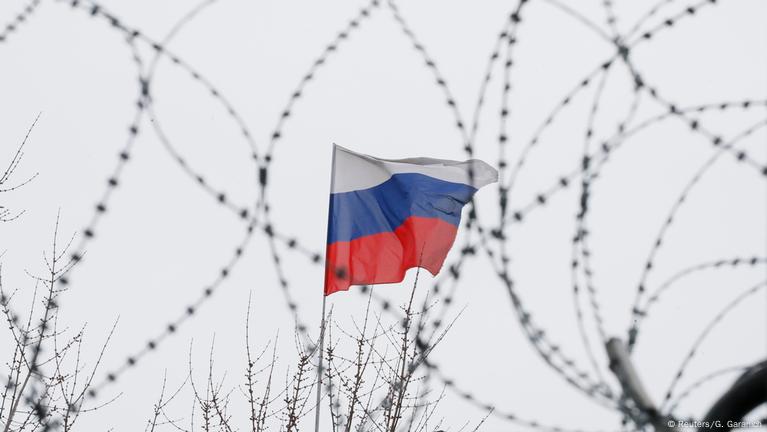Norway and Ukraine are jointly conducting drone operator training as part of Operation Gungne.
The United Nations Development Programme (UNDP) officially handed over to the State Emergency Service of Ukraine a drone-based explosive detection system called Mines Eye, made in Ukraine.
France is creating an additional €200 million fund to support projects for Ukraine’s reconstruction and integration with the European market — in addition to the first €200 million agreement.
Ukraine and the UN World Food Programme are strengthening cooperation in the digitalization of social support in our country.
Ukraine has joined the creation of a global UN environmental mechanism concerning chemicals and waste.
Russia
Due to the war against Ukraine and increasing visa refusals, the number of Russian students in the UK has fallen to its lowest level in 15 years. According to the UK Home Office, from March 2024 to March 2025, Russians obtained 1,275 student visas — 20% fewer than the previous year. This is the lowest figure in fifteen years.
Current expenditures on bonuses for Russian contract soldiers fighting in Ukraine amount to about 2 billion rubles per day. Of this, about 1.5 billion — three-quarters — is paid by the regions, which corresponds to 2.7% of their budgets. The remaining 0.5 billion comes from the federal budget. In 2025, Russia’s military spending will reach a limit, and in 2026, nominal growth will either be lower than inflation or absent altogether, economists predict.
61% of Russians said they do not want to fight for money. In 2024, about 400,000 people signed contracts with the Russian Ministry of Defense, according to federal budget expenditure data. Recruiting contract soldiers is the only way to replenish the Russian army since ideologically motivated recruits ran out in spring-summer 2022, and the partial mobilization in autumn 2022 caused domestic political tension and risks for the Kremlin.
Lithuanian Foreign Minister Gintaras Budrys reminded that more than a thousand political prisoners remain in Belarusian jails.
The problem of labor shortages in Belarus cannot be solved by Pakistanis, pensioners, or freeloaders. The number of people in Belarus’s economy is decreasing, while vacancies are increasing. The Minsk Tractor Works employed 32,000 people in the 1990s; now about 10,000 remain. The number of workers at MAZ declined from 21,000 in the 2000s to 14,000 currently. Thus, the labor shortage in Belarus is a consequence of the “legendary successes of the Belarusian economy” and citizens leaving the country.



















